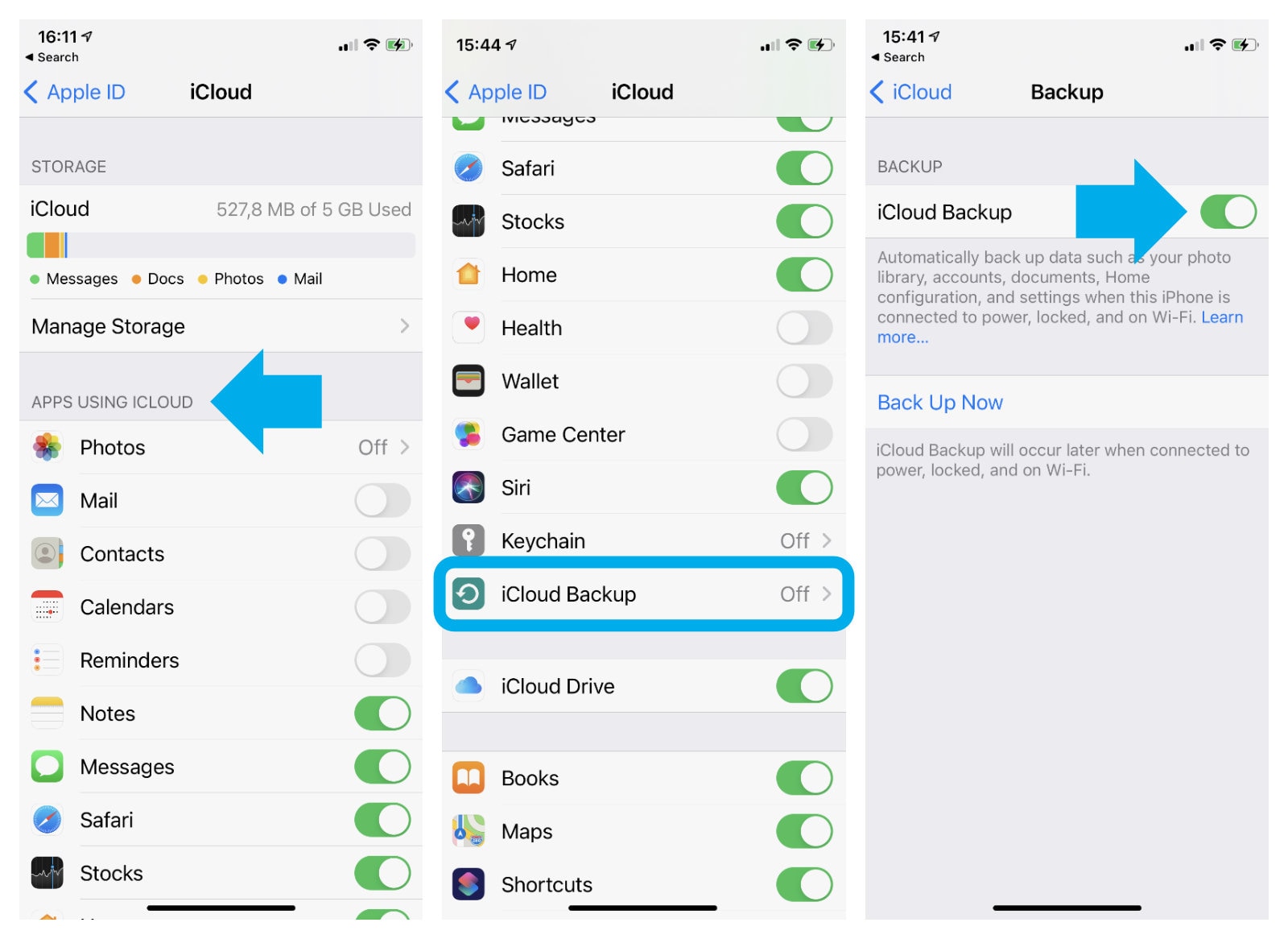
Step 2: Enable iCloud - Once again, click the Apple icon in the upper-left corner of the desktop to access the main Apple menu. Or, click Update All in the upper-right corner of the application window to download and install all available updates. Head over to the Updates tab, then click on the particular software you wish to update. If you haven’t done so already, click the Apple icon in the upper-left corner of the desktop to access the main Apple menu, and select About This Mac. Then, click the Software Update button. Step 1: Update your Mac (optional) - It’s always a good idea to update MacOS prior to setting up a new utility or application on your iMac or MacBook. Afterward, follow the guidelines for your respective device below. If your devices are recent, you shouldn’t have any issues with compatibility, but we recommended quickly scanning over the minimum requirements to get a better understanding of what will and will not work on your device. Each free account automatically grants you access to 5GB of remote storage - available for backups, mail, app data, documents, and other components stored in the cloud - with 50GB, 200GB, and 2TB storage offerings available at an additional cost. Signing up with iCloud is completely free and simple to do with an Apple ID. We’ve put together a guide on how to use iCloud.

Despite its slick design and simple execution, however, setting it up for the first time can be a pain.

It’s designed to be a repository of your digital life, a place to store and back up your photos, personal files, and application data so you never lose anything.


 0 kommentar(er)
0 kommentar(er)
